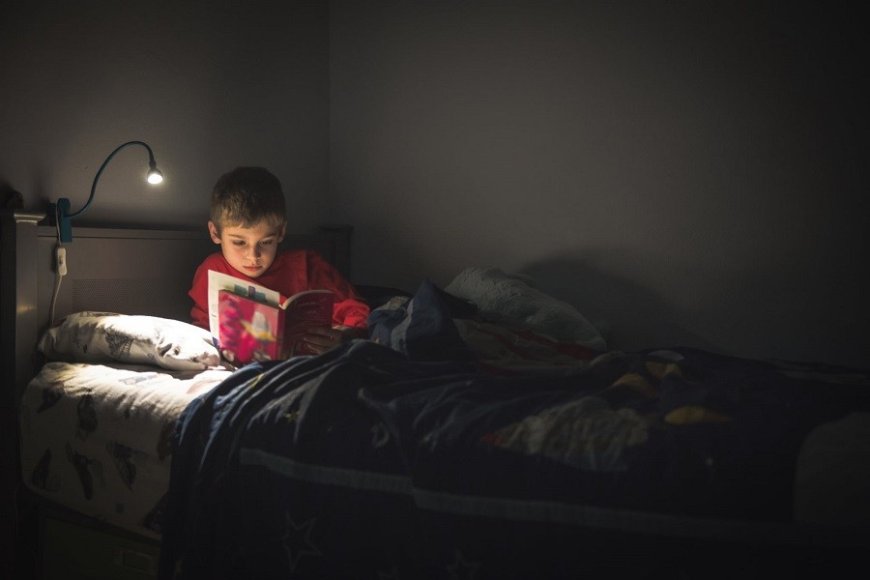Performance in sport - rest and regeneration
If you want to maximize your athletic performance, rest and recovery after training is very important. Don't overdo it with exercise!

If you want to maximize your athletic performance, rest and recovery after training is very important. Don't overdo it with exercise!
Rest and regeneration are the two most frequently mentioned words in the field of sports. Any type of well-established training routine involves plenty of rest. Athletes consider this to be the "foundation" of peak athletic performance.
But why are they so important? Many doubts can arise around these words. Ignorance leads many people to fall back into their exercise routine too quickly, leading to overtraining. On the other hand, others abuse rest and thus weaken their physical abilities.
Based on the above, we will try to explain rest and recovery in sports and how to achieve better results. Let's get started!
Rest and physical regeneration
The most important features in sports training are correct technique, intensity, rest and regeneration. These variables must be included in your training plan to achieve maximum results.
In addition to the fact that they are all important, this article will focus on rest and physical recovery, given the broad relationship between them.
What is rest?
Generally speaking, rest is the period between and after exercise. In the latter case, we are talking about the time between entire training sessions.
Resting should be done optimally, as muscle groups wear out significantly during exercise. At the physiological level, the fibers of the working muscles are broken and must heal later.
Rest varies depending on the physical abilities of each person and the type of sport they do. However, it must always be present during training.
There is also something called active rest that coaches recommend for days when normal exercise sessions are not allowed. This type of rest works to keep your metabolism active while your muscle groups are recovering. It consists of low-intensity activities.
What is regeneration?
After the end of physical work, recovery begins. In this phase, the body rebuilds its energy reserves and the repair process takes place at the level of the muscles. Fibers broken during exercise are repaired, and growth hormone plays a fundamental role here.
The process also varies depending on the athlete's physical and mental abilities. Typically, the elite recover faster. However, they also need time for that to happen.
The relationship between rest and recovery
The regeneration process takes place during the break. During convalescence, the body recovers from any "abuse" in the training session.
At the physiological level, muscle cells are responsible for repairing fibers broken during exercise, and intramuscular and hepatic glycogen is also restored.
In addition, the concentration of blood and lactic acid in the trained muscles is reduced. Ultimately, the oxygen supply is fully repaired, although this only happens after a minute of rest.
Based on the above, a broad relationship can be established between rest and recovery. The process of physical and mental regeneration of the body requires other measures, such as adequate hydration, a balanced diet, massage and adequate sleep periods.
Finally, we must consider that the repair process while resting does not only affect trained muscles.
Soft tissues, joints, ligaments, and tendons also benefit from a temporary cessation of physical activity, otherwise they suffer from excessive stress and wear and tear.
Rest and Recovery - How Long Should They Last?
It may be a serious mistake to assume a specific period of time based on universal statements. Rest and recovery processes must be included in a training plan prepared in advance by a professional based on the athlete's physical abilities.
Thus, sports performance can be improved. Therefore, it is advisable not to try to conform to other people's training rhythms as this may worsen our results.
Always consult a professional
As we mentioned at the beginning, many athletes, without proper knowledge, start poorly constructed training plans that do not have adequate rest periods for their bodies.
Therefore, you should always consult before you start preparing for a sporting event. In addition to information, it is always advisable to have the support of a professional trainer to put all his knowledge into practice.
